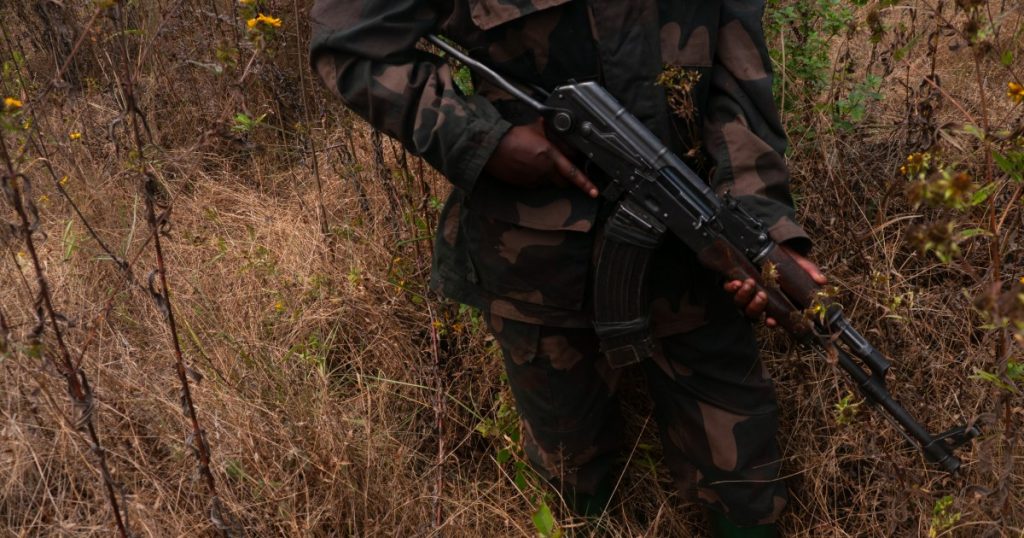Marie Byamwungu, a 20-year-old fighter in the Democratic Republic of the Congo (DRC), is part of a militia group fighting against the M23 rebels in the eastern part of the country. The Wazalendo, or “patriots,” are local self-defence forces who have taken up arms to protect their communities from M23 attacks. Originally composed of former soldiers mutinying from the Congolese army in 2012, M23 resurfaced with increased military activities in early 2022, causing renewed violence and displacement of 1.7 million people.
The United Nations and the United States have accused Rwanda and Uganda of backing the M23 rebellion, with Rwandan troops allegedly fighting alongside the rebels. In response, Congolese President Felix Tshisekedi called on young people to join the Armed Forces of the DRC in its fight against M23. He also encouraged the formation of vigilance groups to support the armed forces. Notorious armed groups in the region then signed a non-aggression pact to unite with the FARDC against M23, legalized by a government decree in 2023.
The Wazalendo coalition, which includes both newly formed rebel units and long-established fighters, partners with the FARDC in the fight against M23. Women have also joined the Wazalendo for various reasons, including economic hardship, seeking protection, and a lack of other options. Women fighters like Byamwungu and Vivienne Ntumba have taken on roles in the battlefield, often at the risk of dying in combat. The involvement of women in armed groups in DRC reflects the complex dynamics of conflict in the region.
Families of fighters who have joined the Wazalendo live with the uncertainty of when they will see their loved ones again. Stories like that of Zawadi Tumsifi, whose daughter joined a Wazalendo group after she was raped and diagnosed with HIV, highlight the harsh realities faced by families in conflict zones. The future of these women fighters is uncertain, as the Congolese government plans to integrate them into the national army, a move that has historically led to further instability and rebellion within the military ranks.
Despite the challenges and risks they face, women fighters like Byamwungu and Ntumba express a desire for peace in the region. As they continue to fight alongside their male counterparts in the Wazalendo, they hold onto their guns tightly in the hope of a peaceful future for the DRC. The presence of armed groups, collaboration with the government, and the experiences of women fighters shed light on the complexities of conflict in the region and the impact it has on communities and families. Through their stories, the struggles and resilience of those caught in the midst of conflict in the DRC are brought to the forefront.


